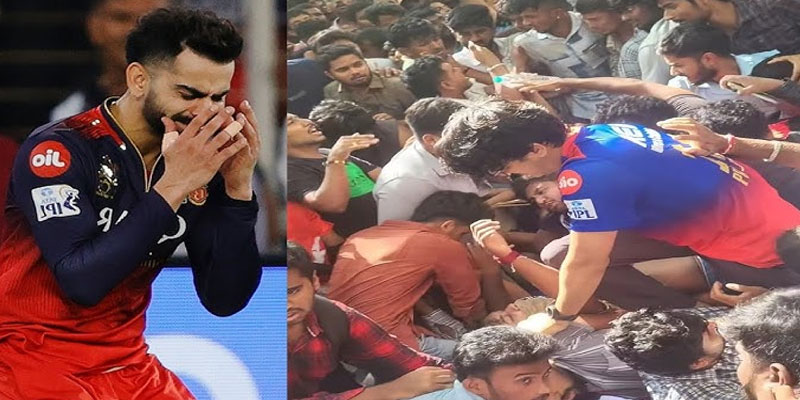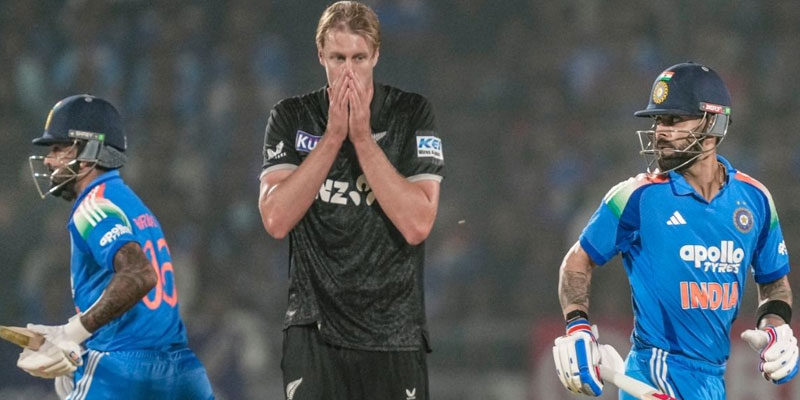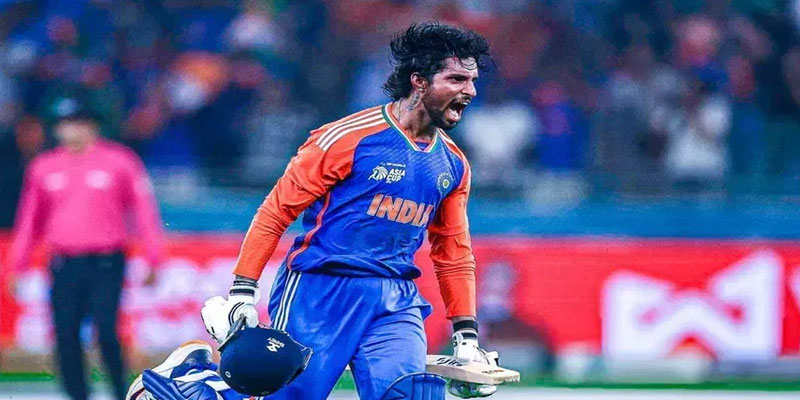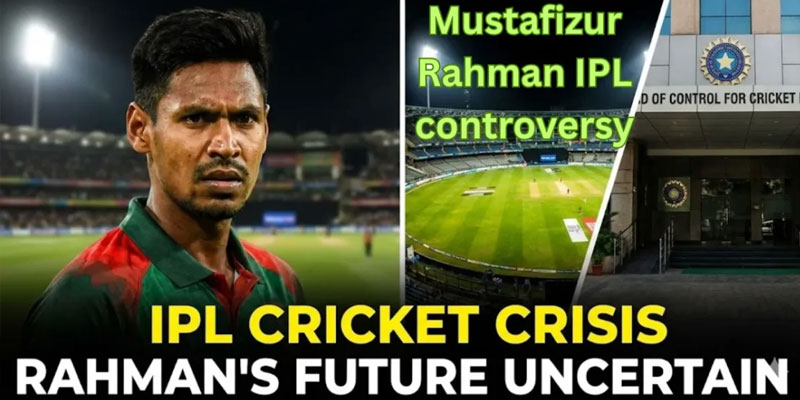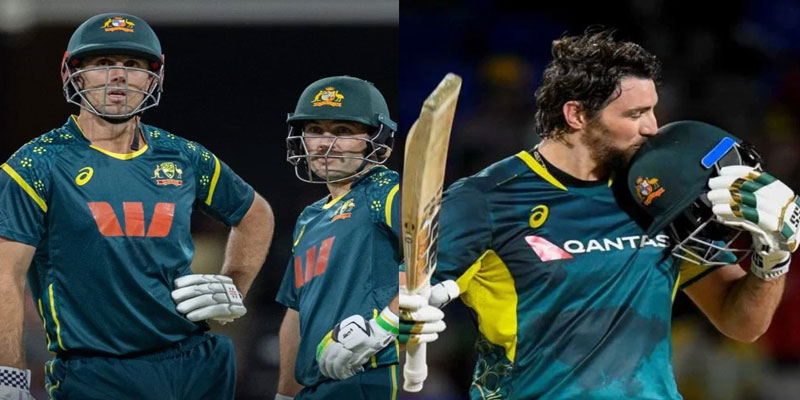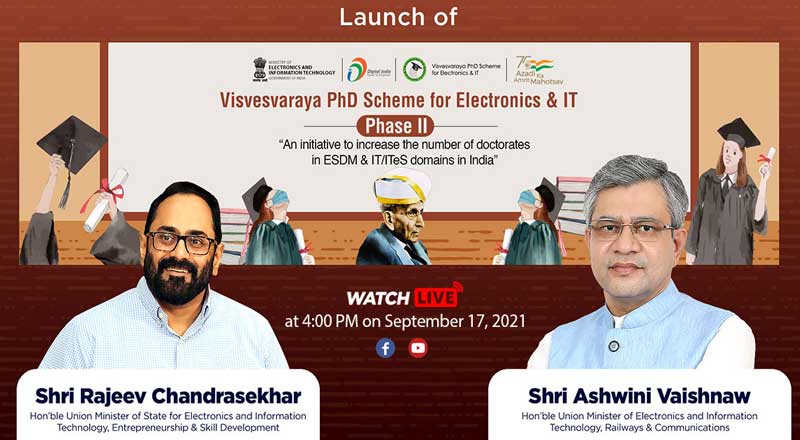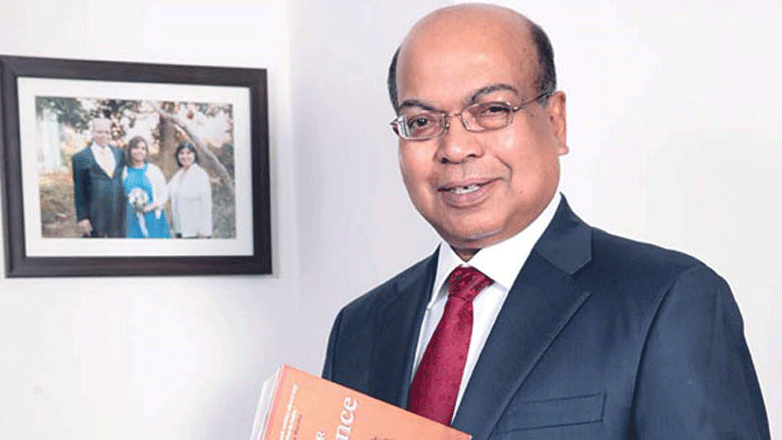From Jubilation to Devastation
What should have been a historic day of celebration turned into a scene of horror at Bengaluru’s M. Chinnaswamy Stadium as a stampede claimed 11 lives, most of them young fans celebrating Royal Challengers Bangalore’s (RCB) long-awaited IPL championship win. Among the victims were three teenagers, with the youngest just 14 years old, and several others in their twenties and early thirties. Nearly 50 more were injured as the joyous occasion spiraled into chaos.
RCB’s triumph was its first since the Indian Premier League began in 2008 — a long 18-year wait that drew throngs of ecstatic fans from across Karnataka and beyond. But the massive, unmanaged turnout quickly overwhelmed the limited infrastructure of the stadium.
The Build-Up to Chaos
The tragedy unfolded on May 29 during celebrations organized across two venues — the Vidhana Soudha and Chinnaswamy Stadium. The former hosted a formal reception attended by Governor Thaawar Chand Gehlot, Chief Minister Siddaramaiah, and Deputy CM DK Shivakumar, while the latter was chosen for public celebrations.
Bengaluru police had earlier denied permission for a public parade, citing serious security concerns. Despite this, the Karnataka State Cricket Association (KSCA) and RCB organisers went ahead with plans and even announced free public access to the event via a social media post at 3:14 PM on the day of the parade.
The announcement triggered a massive surge of over 3 lakh fans to a stadium that holds just 35,000 people. The entry process, described as “first come, first serve”, was unclear and poorly managed. Fans broke through barricades, climbed fences, and in the commotion, several fell and were trampled.
The victims included Divyanshi (14), Shivalinga (17), Chinmayi (19), Prajwal (20), Shravan (20) and others in their 20s and early 30s — all of whom had come to celebrate a moment they had dreamed of for years.
What Went Wrong?
Critics say the lack of coordination between the state administration, police, and event organisers was glaring. With heavy security diverted to the Assembly venue, the stadium was left woefully undermanned. Crowd control measures were inadequate for such a large-scale public gathering.
CM Siddaramaiah held a press conference soon after the incident, announcing ₹10 lakh compensation for the families of the deceased and free treatment for the injured. However, his attempt to downplay the tragedy by referencing the Kumbh Mela deaths was poorly received.
“I’m not going to justify this by comparing it with incidents elsewhere. Yes, people died at the Kumbh too, but I didn’t criticize that government,” he said — a remark that drew sharp condemnation from the opposition.
Political and Public Reactions
Senior BJP leader Pralhad Joshi slammed the government’s irresponsibility:
“Kumbh and this are incomparable. When the police denied permission, why did you go ahead? And how could you continue the celebration after people died?”
He demanded a judicial inquiry, calling the government’s response “insensitive and disgraceful.”
Prime Minister Narendra Modi expressed condolences to the families and emphasized the need for accountability. In a tweet, he said,
“Deeply saddened by the loss of young lives in Bengaluru. The tragedy should never have happened. We owe it to the victims to ensure justice and prevent such incidents in the future.”
RCB star Virat Kohli, who was central to the team’s IPL victory, also posted a somber message:
“Absolutely devastated by the news from Bengaluru. My heart goes out to the families of the victims. Cricket should be a celebration — not end in grief.”
A Celebration That Should Have Been Safer
The RCB victory was a momentous occasion that united fans across generations and geographies. Yet poor planning, negligence, and the decision to prioritize political optics over public safety turned joy into irreversible sorrow.
This stampede serves as a grim reminder: in moments of mass celebration, crowd control is not optional — it is lifesaving. Judicial inquiries and compensation are necessary, but they are no substitute for the lives lost. Going forward, event planning must be anchored in transparency, coordination, and above all, responsibility.
(With agency inputs)


